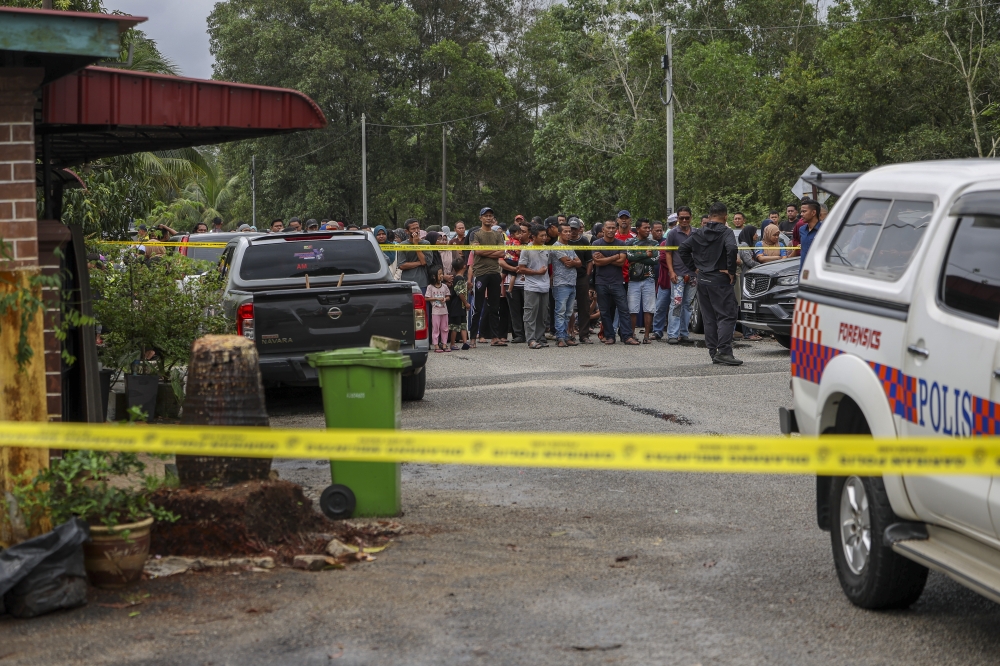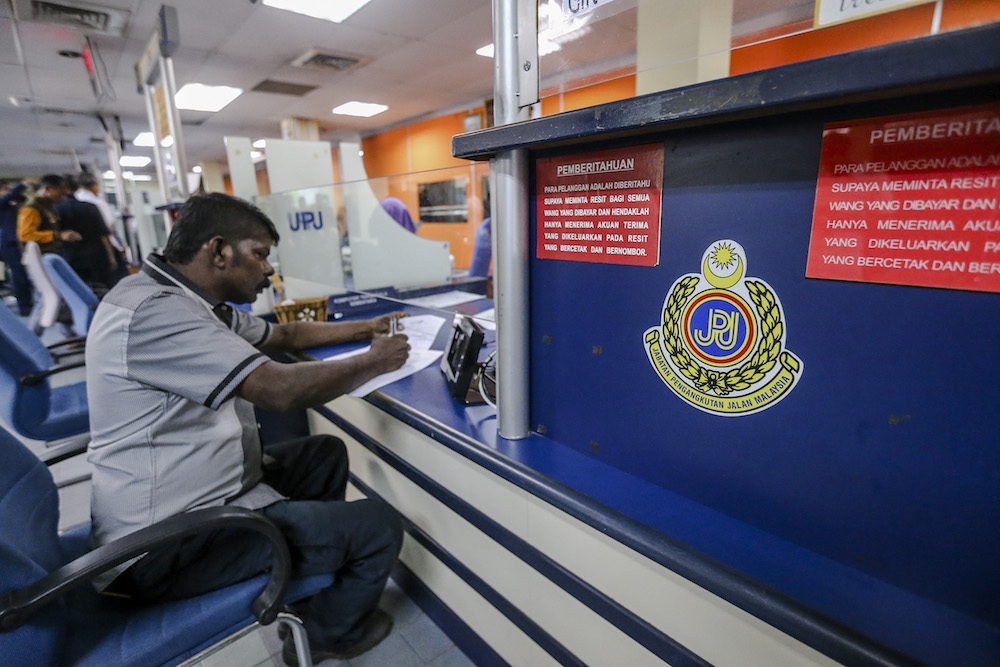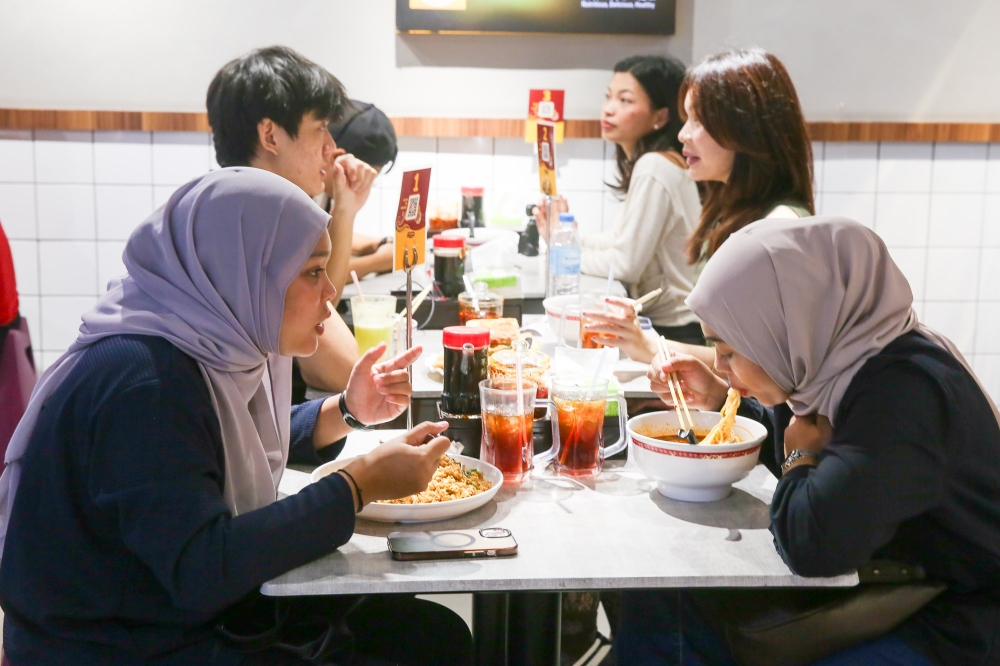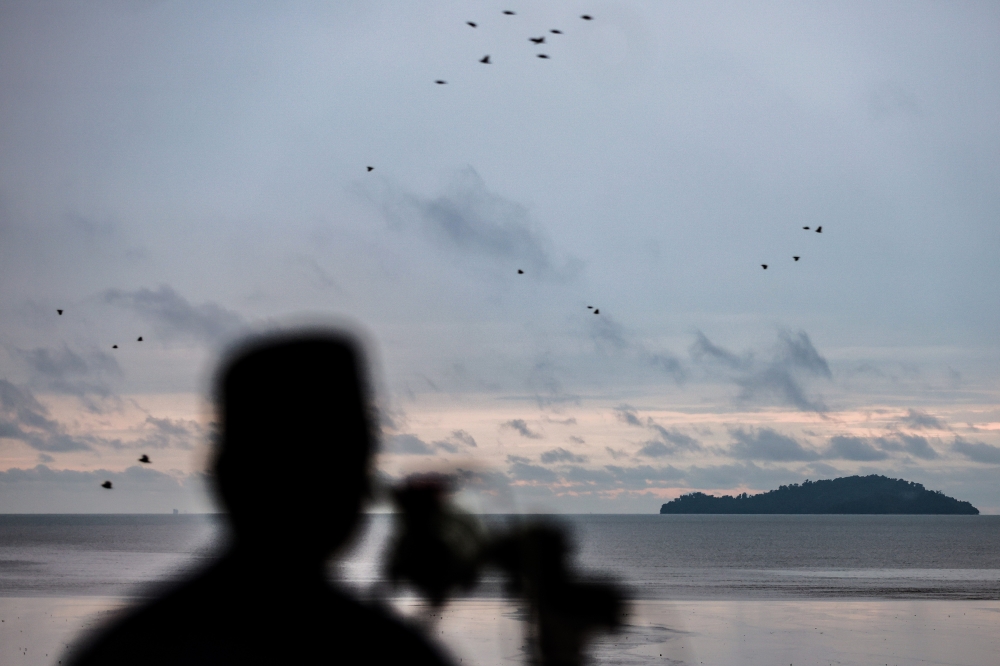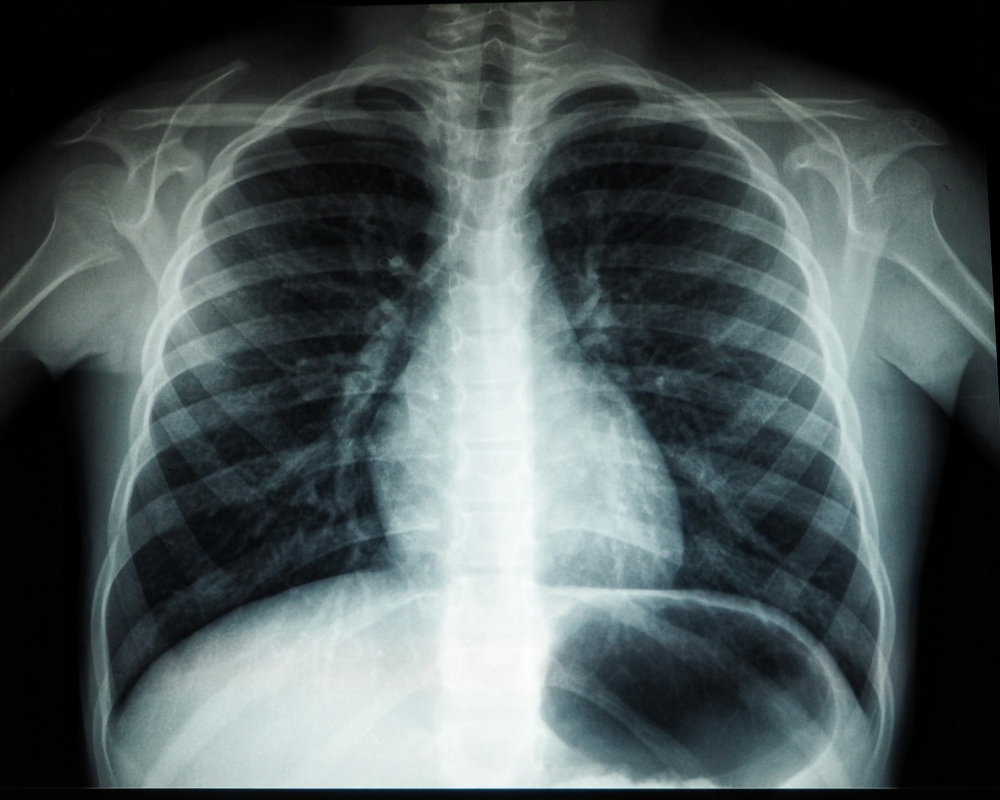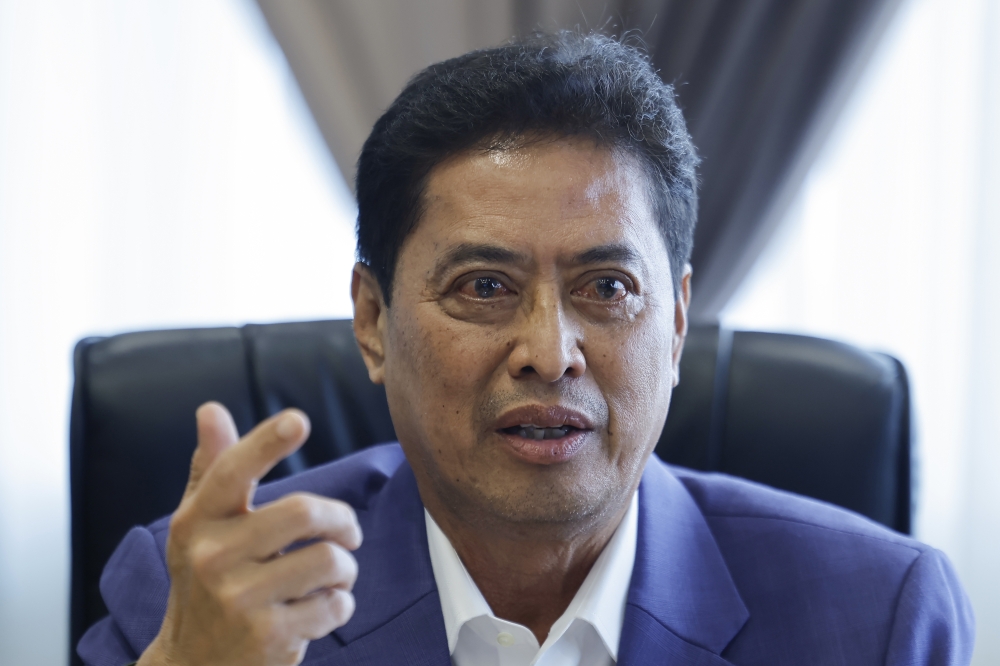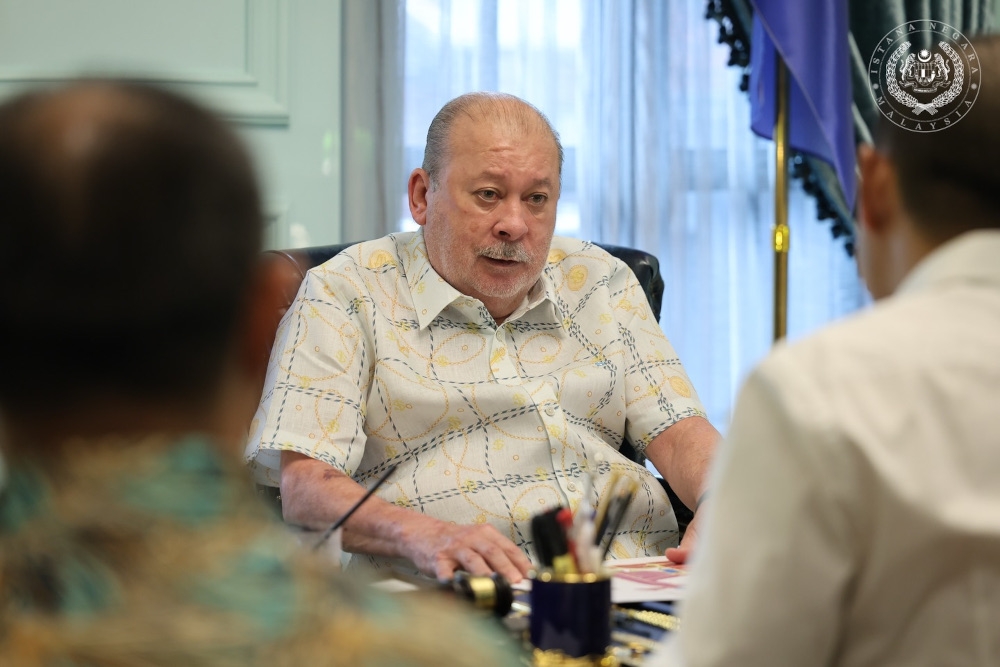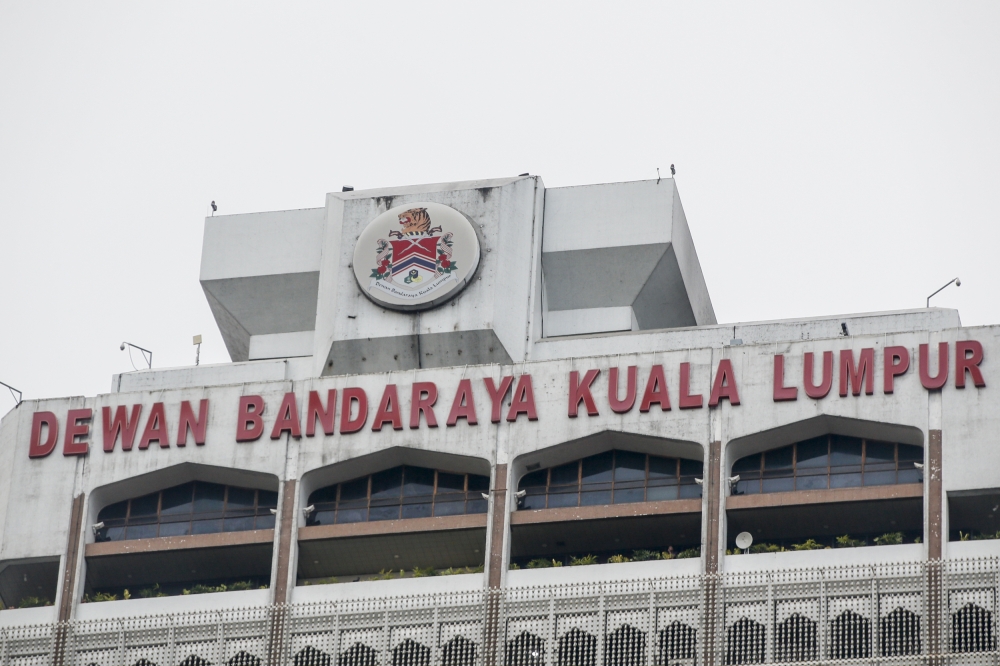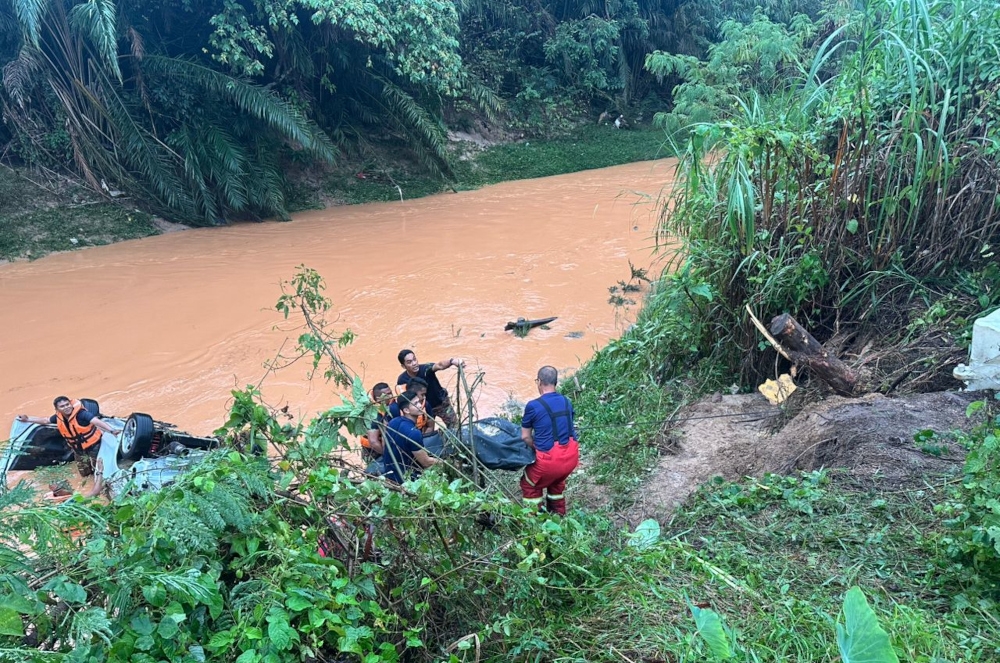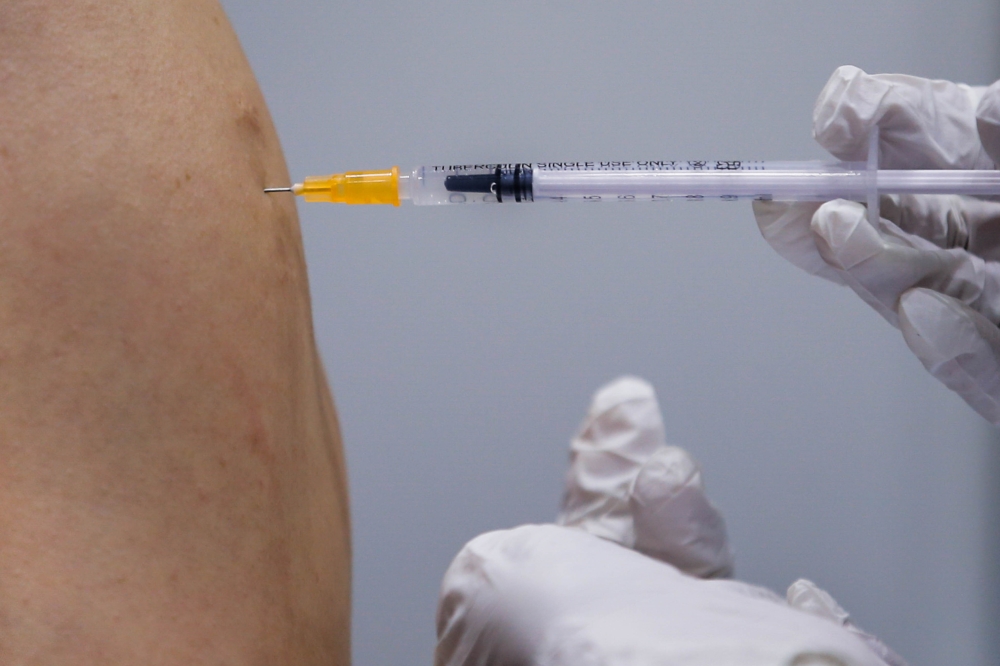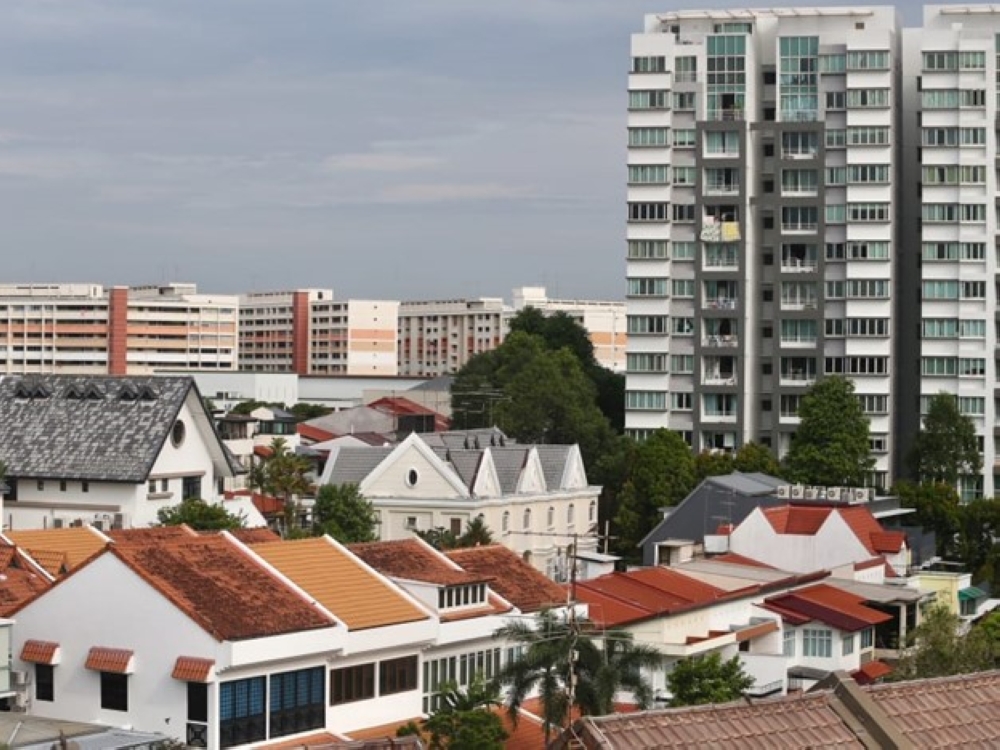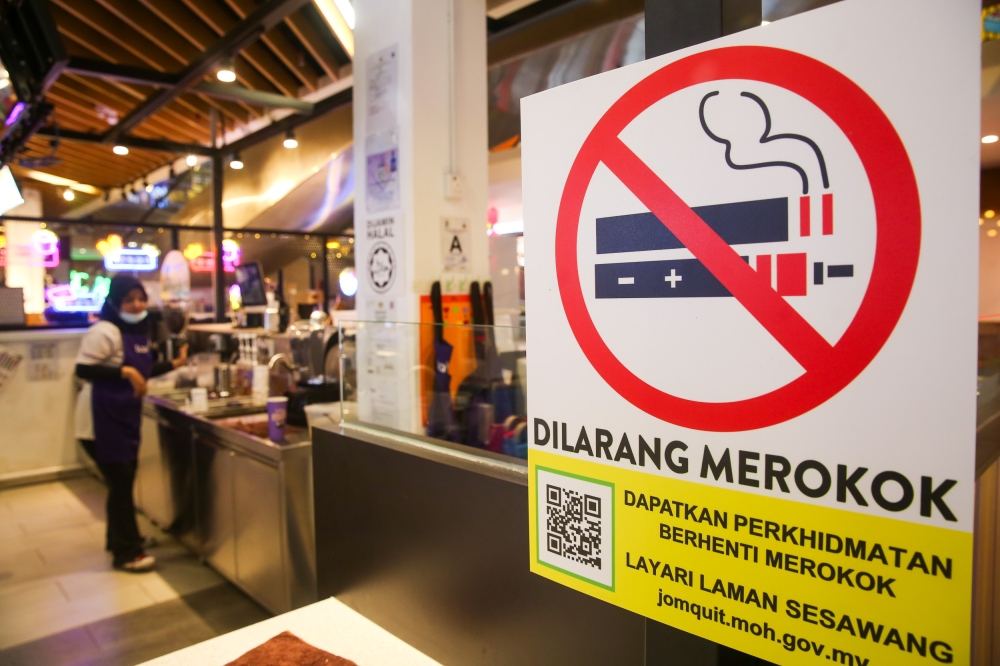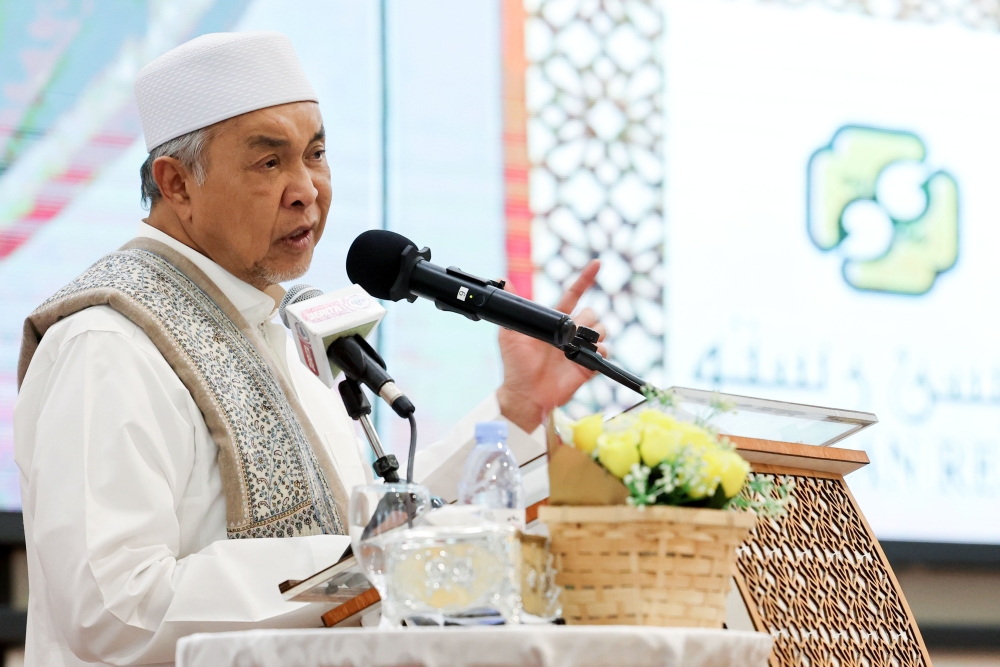SINGAPORE, June 11 — From September 1, all domestic helpers in Singapore working in homes with children under the age of seven who are not fully vaccinated against measles must themselves be immunised, the country’s Ministry of Manpower (MOM) announced yesterday.
The move is aimed at safeguarding “unvaccinated young children who are at higher risk of serious health complications from measles infections”, said MOM, as reported by Channel News Asia (CNA).
Singapore has already recorded 10 measles infections in 2025 as of the week ending May 10, just one shy of the total 11 cases reported in all of 2024, according to the Ministry of Health.
Employers applying for or renewing work permits for migrant domestic workers (MDWs) must now declare:
- Whether the domestic helper is already vaccinated or immune to measles
- Whether all children under seven in the household are fully vaccinated
- If unvaccinated, whether a vaccination appointment has been booked
Domestic helpers may be exempted if they are already immune — either through previous infection or past vaccination — or if all children under seven in the home have been fully immunised. Proof of immunity, such as vaccination records or serology test results, may be required.
Employers are advised to check their domestic helper’s immunity status well before permit renewal. Households with immunocompromised members are also strongly encouraged to verify their helper’s measles immunity or arrange for vaccination.
To meet the requirement, domestic helpers must receive two doses of the MMR (measles, mumps, and rubella) vaccine, spaced at least 28 days apart. The vaccine is available at private GP clinics, with the cost to be paid by employers.
MOM also warned against false declarations. “If employers with children below seven years old are found with MDWs who are not immune against measles, their work pass privileges may be suspended until vaccination proof is submitted,” the ministry said.
Random checks and documentary audits will be conducted to ensure compliance.
While Singapore maintains high overall vaccination rates — over 95 per cent for the first MMR dose and 90 per cent for the second among resident two-year-olds — sporadic cases are expected, MOM said, citing the “highly transmissible nature of the disease”.
The Communicable Diseases Agency (CDA) stressed that despite strong local immunity, “the surge in measles cases globally and regionally continues to pose public health risks, particularly for those without measles immunity”.
Measles, which spreads through airborne droplets, has been part of Singapore’s compulsory childhood immunisation schedule since 1985.

